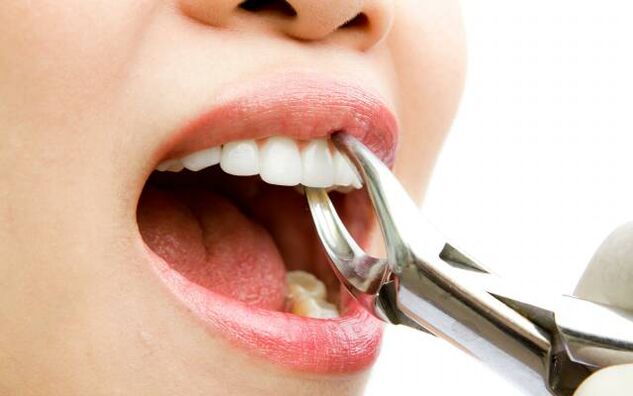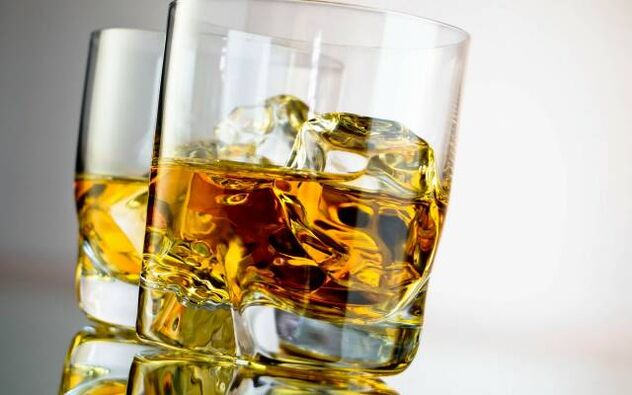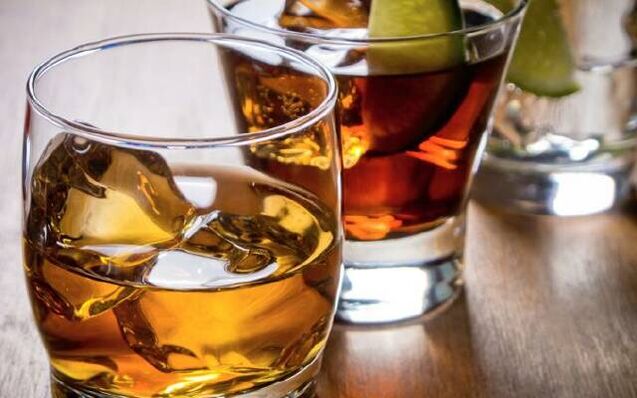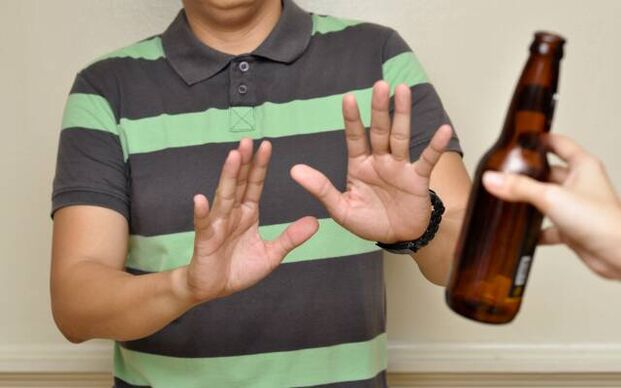Can I drink alcohol after tooth extraction? This problem often occurs in people who have had a tooth removed and will soon have a feast. What to do in this situation, refuse or stop drinking? Under what circumstances can I drink after a tooth extraction, and when do I need to stop drinking?
The most complex interventions involving treatment or tooth extraction are usually not considered too complicated. However, the most difficult thing in this case is to prevent the inflammatory process from spreading to the entire gums. Many times after a tooth extraction, many people will not ask whether they can drink after the tooth extraction, but just buy a light alcoholic beverage. In many cases, the excuse sounds like "additional disinfection". But this arbitrariness can cause serious health hazards, and in some cases even lead to the spread of inflammatory processes.
Reasons for the ban

Can I drink anything after taking it out? It is allowed to use ordinary water or mineral water, but the use of sweet soda and alcoholic beverages should be postponed for a few days. What is the reason for this ban? There are two important reasons for banning beer and other alcoholic beverages after tooth extraction:
- After the first tooth extraction, hemostasis will occur. Usually, a sterile swab is placed in the cavity at this time, which helps to stop bleeding. The formation of blood scabs on the surface of the extracted gums is a necessary condition to prevent wound infection. Putting beer or any other alcoholic beverage in your mouth creates a vacuum, which helps to open the wound and cause new bleeding. This is why the dentist bans smoking or drinking alcohol for the first two days.
- Beer contains yeasts, which are formed during the fermentation of malt. Moderately, they are very useful. Especially if they enter the digestive tract immediately. However, if they enter an unhealed wound, they will be able to reproduce because the environment is best for them. The inflammatory process can quickly transfer from the gums to the cheeks. In addition, there will be swelling, soreness, and in some cases, the swelling can even reach the ears.
Negative impact

In addition to the above-mentioned reasons for prohibition, those who want to know whether they can drink after taking it out should remember some of the serious consequences of alcohol:
- Alcohol can cause bleeding. Its appearance is not only due to the rupture of the formed primary blood shell, but also due to the ability of alcoholic beverages to significantly raise blood pressure;
- Alcohol irritates the mucous membranes and slows down the blood clotting process. This will significantly slow down the wound healing process, making it a breeding ground for pathogens;
- Pain occurs when alcohol-containing liquid enters any wounds and scrapes. Drinking vodka or other beverages on open wounds can actually cause a lot of unpleasant sensations, including burning and pain.
Effect

Some of the consequences are described above, which may occur when alcoholic beverages enter the surface of the extracted teeth at an early stage. However, there is a more serious factor, which is to stop drinking alcoholic liquids for a few days. This is especially important for those who are interested in information about whether you can drink after a tooth extraction.
Of course the dentist will use anesthetics when extracting a tooth. Since each person's body is completely individual, the type of anesthetic is usually selected based on these characteristics. This is necessary to avoid allergic reactions or anaphylactic shock. When drinking alcohol immediately after tooth extraction, there is a risk of drug-alcohol interaction, which may lead to the development of very serious health complications.
in conclusion

Anyone who is interested in whether you can drink after a tooth extraction should understand that it is best to postpone drinking for a few days. This measure is necessary and the best alternative to avoid complications that may be caused by using it immediately after going to the dentist.
























